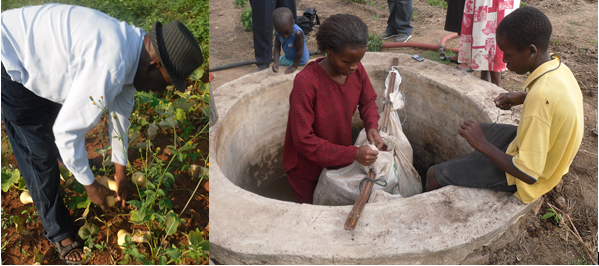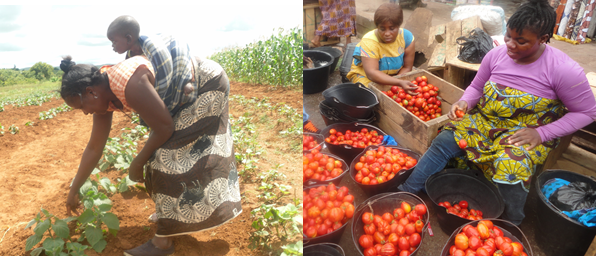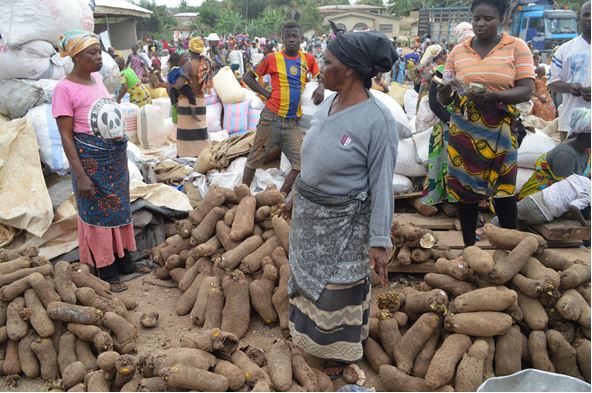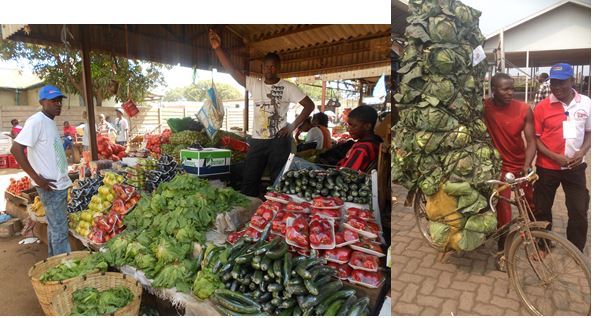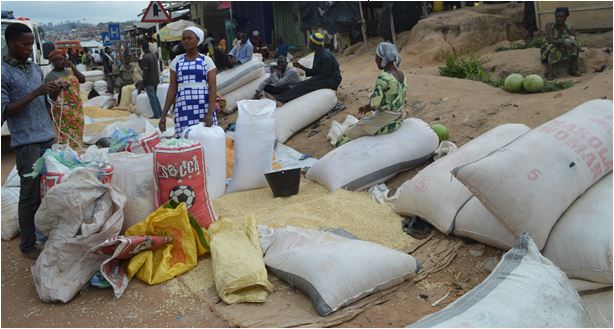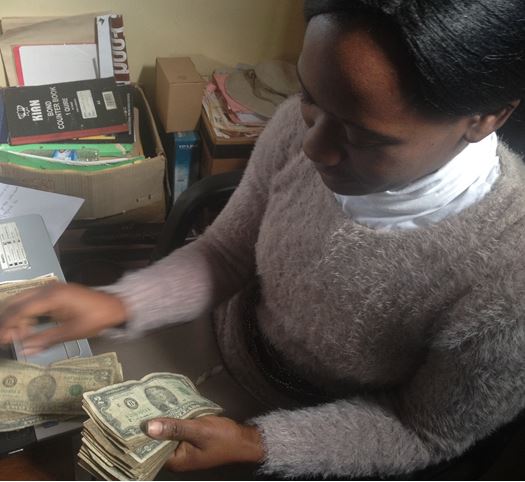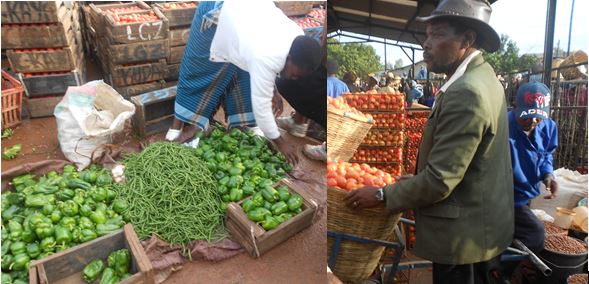How much should farmers and consumers know about something?
The formal education system in many developing countries is organised in such a way that the depth and breadth of knowledge imparted determines grades and qualification levels. Unfortunately, it is difficult to translate this arrangement into real life where societies do not function according to grades and degree qualifications. For instance, farmers and rural communities Read more about How much should farmers and consumers know about something?[…]

